Call or Chat (866) 497-2736
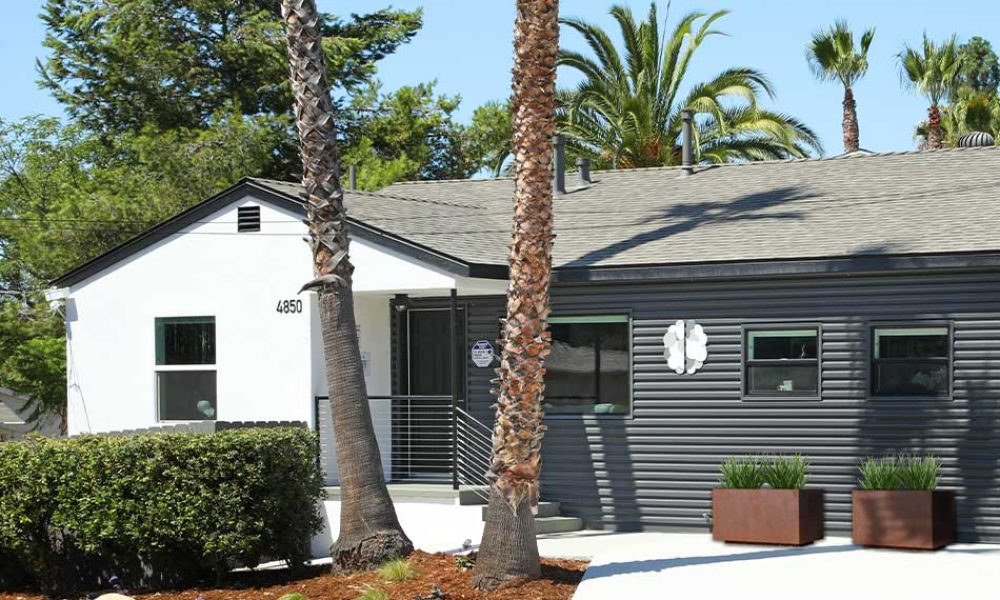

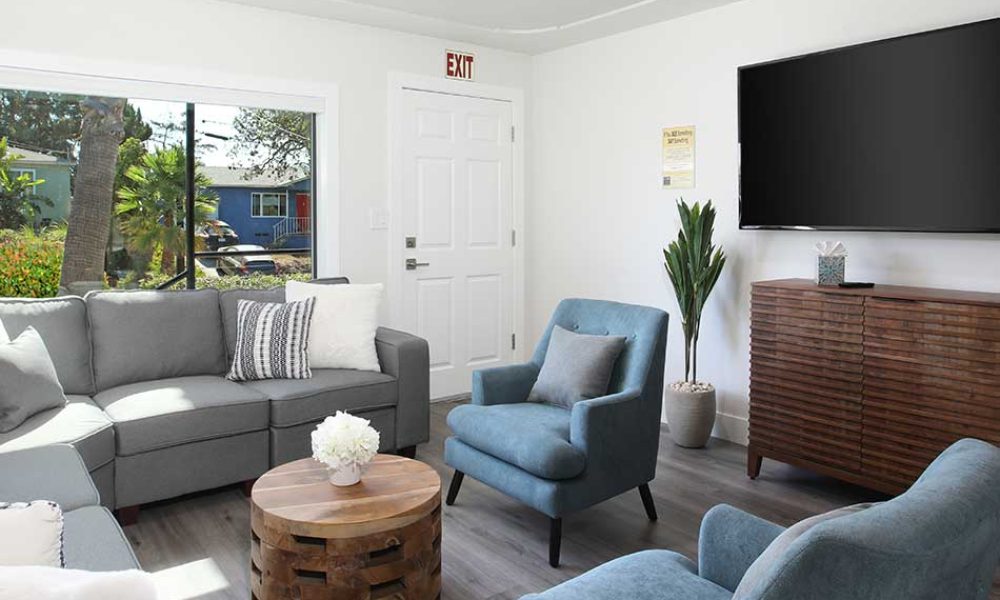
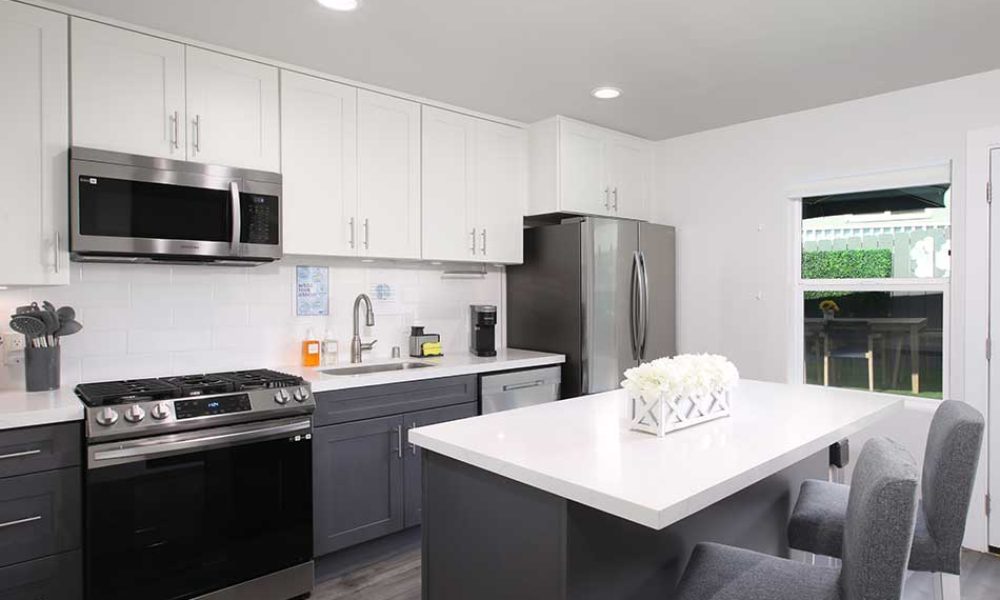

4850 67th St, San Diego, CA 92115
4.96
PRIVATE ROOMS
PET FRIENDLY
Anxiety
Depression
Disrupted Sleep
Bipolar Disorder
Schizophrenia
Suicide Ideation
Borderline Personality Disorder
Attention-Deficit/Hyperactive Disorder
Cognitive Behavior Therapy (CBT)
Dialectical Behavior Therapy (DBT)
Solution Focused Therapy (SFT)
Motivational Interviewing (MI)
Psychoeducational and process groups
Medication Management
Whole-Person Wellness
Recovery and Safety Planning
Referral for Ongoing Services
Family & Community Support
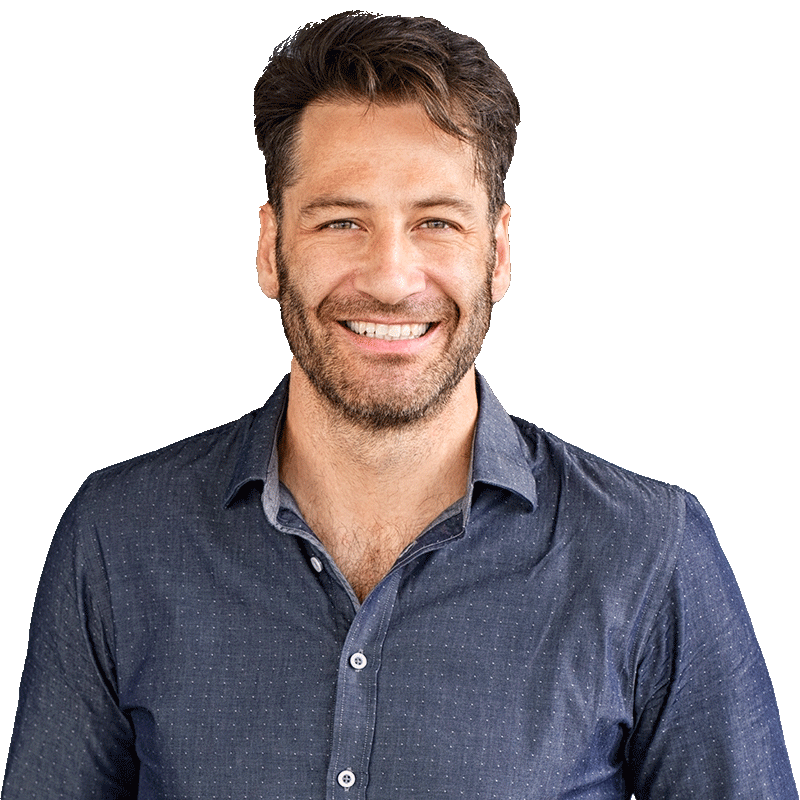
Get Fast Answers to Your Questions
Want more information? Contact our admissions team for a free consultation or to get more details about any of Alter’s programs.
Or Call Us 24/7 at
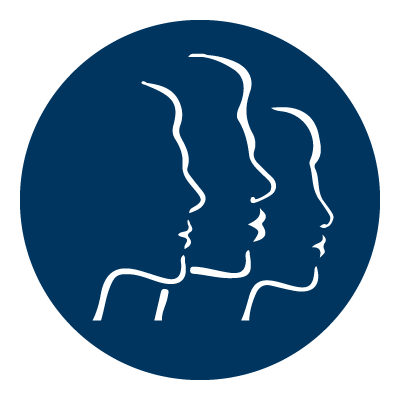
The DSS license ensures that agencies and programs meet established standards of care and operation, guaranteeing compliance with regulations to safeguard the well-being and safety of individuals receiving services.

The DHCS certification is an official recognition granted to healthcare facilities or programs that meet specific standards and criteria ensuring quality and compliance with regulations in delivering healthcare services.
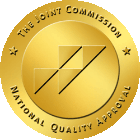
Joint Commission Accreditation is a prestigious recognition awarded to healthcare organizations meeting stringent quality and safety standards in patient care. It signifies adherence to rigorous guidelines, ensuring the delivery of high-quality, safe, and effective healthcare services.
TALK TO ADMISSIONS
Or Call Us 24/7 at
We are on a mission to improve the lives of people with mental health conditions.
34270 Pacific Coast Hwy
3rd Floor
Dana Point, CA 92629
Questions? Call now to speak confidentially with an admissions counselor.
We understand that choosing the right program can be challenging. By filling out this contact form, our experienced team will review your information and reach out to guide you throughout the next steps.
Mental Health Treatment
Substance Mis-use Disorder Treatment
Call Us 24/7
Other Alter Sites
bewellline.com
mindfuli.com
alterdlifepodcast.com